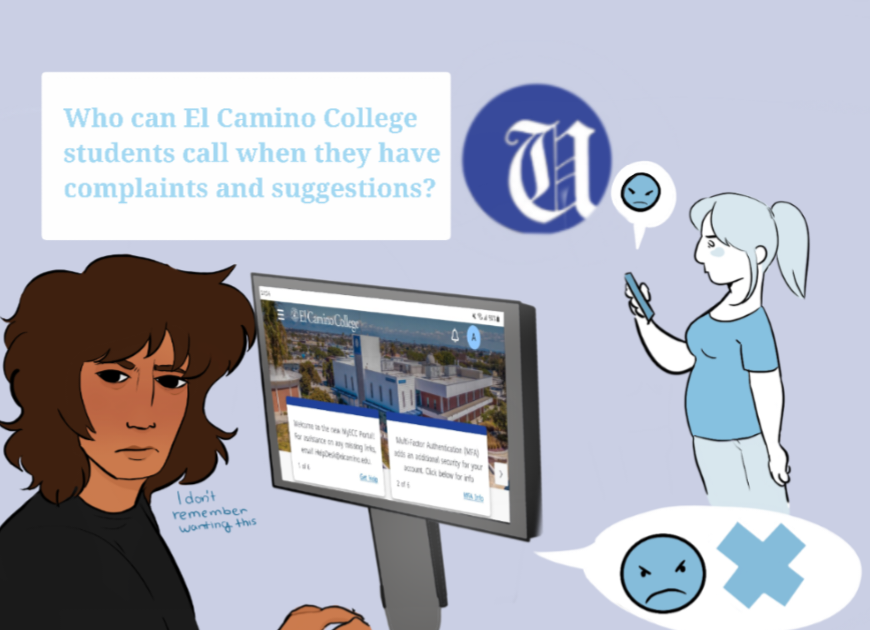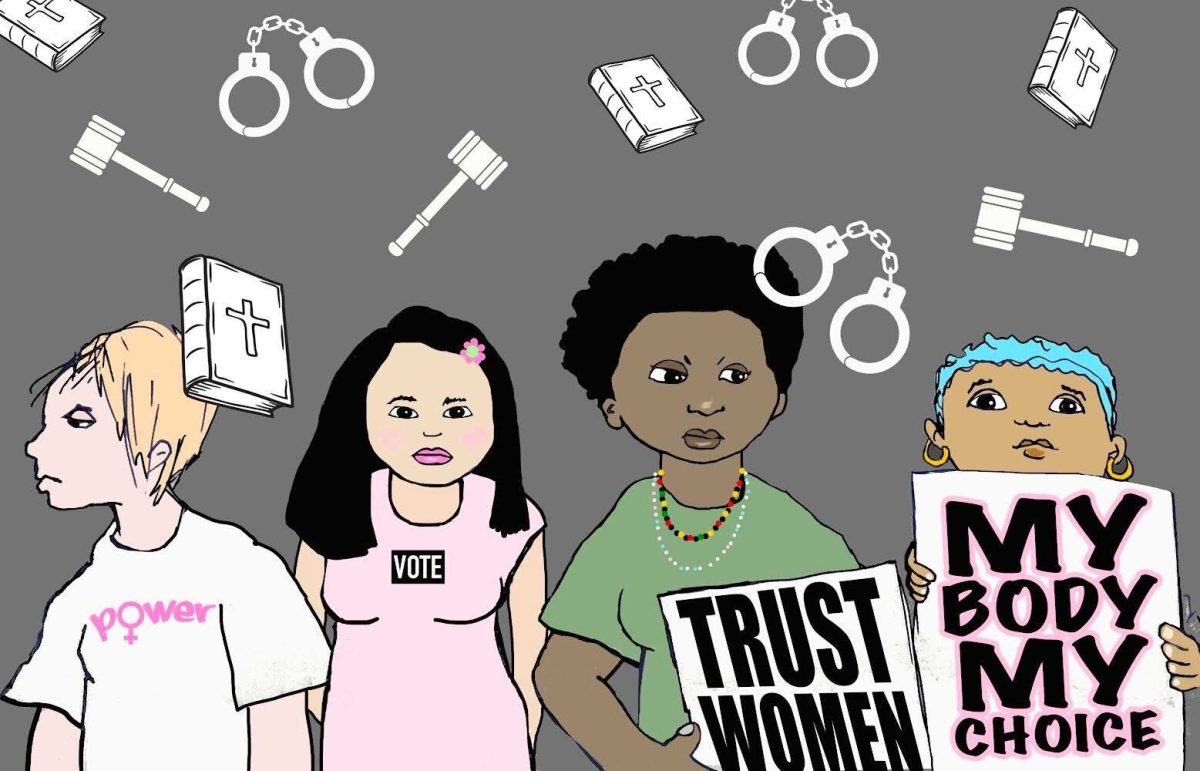If the generation of Americans now between the ages of 45 and 60 are known as “the baby boomers”, what should people under 30 be known as?
With the economy spiraling faster than waste down a toilet, this generation may go down in history as “Generation Broke,” simply because recent graduates are drowning in debt, much of it added up in trying to get a college degree.
While mounting student debt is a complex issue, there are a number of measures that students, administrators and policy-makers could take to help ease the crisis.
One study by student-loan corporation Nellie Mae found that more than two-thirds of undergraduate students take out student loans before graduation. The average amount of these loans was nearly $17,000. That is a lot of money to owe considering the fact that jobs are very limited in our economy with all of the lay-offs and people losing their jobs to budget cuts.
Students focused on paying off loans may decline public service jobs in fields like teaching or social service.
In a study done by the American Association of Colleges, it was suggested that by the time students are entering college, the average tuition at a public institution will have reached six-figures.
Despite the huge amount of costs, students continue to enroll in colleges and universities knowing that the demand for a degree in the workforce will be crucial. Because few loans require payment until after the borrower has graduated, many students do not realize how difficult it will be to repay their loans until it is too late.
Colleges should not only try to keep down the cost of higher education, but they should try and make sure that all students know about the consequences of loans.
With college costs rising, the average cumulative debt for graduating seniors is approaching $20,000 doubling the amount 14 years ago. Those loans are changing the way that this generation lives.
Even in the best of circumstances in which education does help land the job that the student wants, the monthly payments are often accompanied by dread, anxiety and uncertainty of how to pay it.
Students are also much less likely to go on to graduate school when they need to borrow money as an undergraduate.
Finally, students must take some responsibility for reducing debt by avoiding loans until they exhaust all other funding sources. In many cases, it has been wrongly suggested that students take out loans not out of educational necessity, but to subsidize optional expenses, like PS3s, iphones and HDTVs.
Developing good financial habits while paying for college is one of the most important lessons to learn and carries benefits well beyond the classroom.







